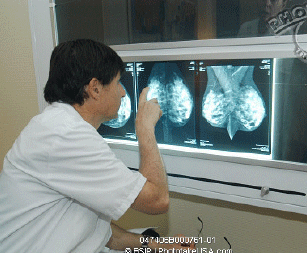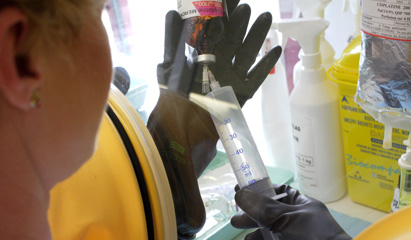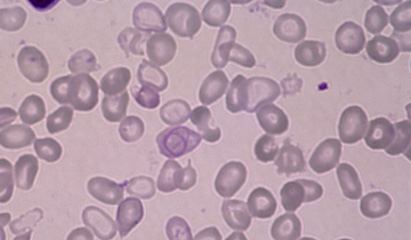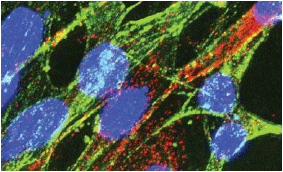Recent studies on breast cancer and the multitude of insights, developments, and advancements they revealed are highlighted in this overview.
CSTDs will promote safer administration of chemotherapy drugs.
Cancer-related fatigue can continue to be a significant problem for patients, even long after they have completed treatment.
The author describes the children’s book she wrote to make it easier to talk to children about cancer.
Clinicians are all too aware that chemotherapy can be either a friend or a foe. When it does become the enemy, supporting the patient’s decision to stop treatment often means saying yes to compassionate care.
Recent advances in the timing and targeting of radiation therapy promise to help minimize the collateral damage radiotherapy inflicts on healthy tissues — trends that were on display at the second European Lung Cancer Conference.
Cancer-related fatigue is widespread, but attention to the cause can often help to alleviate the problem.
Pain management is important for cancer patients during therapy and sometimes after treatment is completed—not just at the end of life.
The author describes how she learned to stop and listen and clarify when a patient asks a difficult question.
Several recently published studies revealed new findings on glioblastoma.








